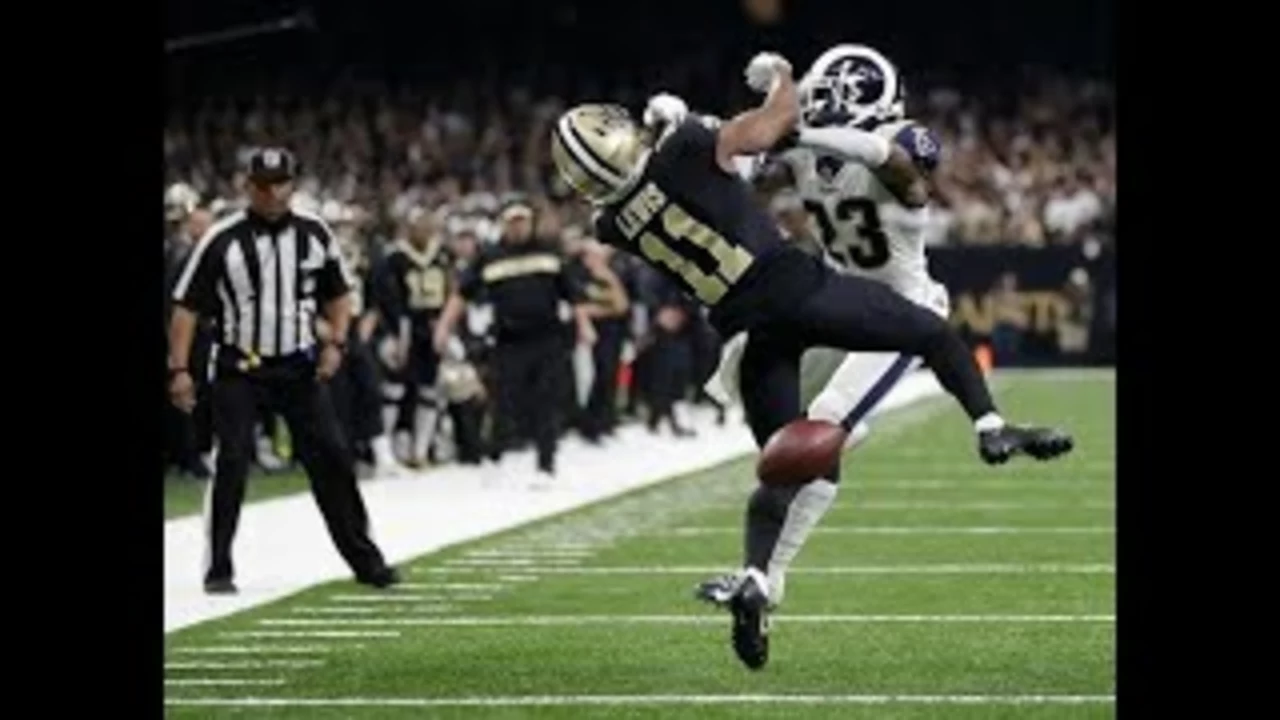Stupidity in Sports: Common Mistakes and What They Teach Us
Ever watched a big game and thought, "What the heck was that?" You’re not alone. Players, coaches, and even fans pull off stupid moves that look easy to avoid. In this article we break down why those blunders happen, showcase a few eye‑catching examples, and discuss how to turn a face‑palm moment into a learning chance.
When Athletes Miss the Mark
One of the biggest reasons we see stupidity on the field is pressure. When a fighter is about to step into the cage, a footballer lines up a free kick, or a basketball guard runs a pick‑and‑roll, the brain floods with adrenaline. That rush can shut off the part of the brain that checks the logic of a move. The result? A wild swing, a missed tackle, or a dumb throw‑in that costs a game.
Take a quick look at a recent UFC slip‑up. A heavyweight star lunged for a takedown, left his guard wide, and got caught with a clean uppercut. Fans called it “stupid” because the fighter ignored basic defense for a flash move. The mistake cost him the fight and sparked a flood of memes.
Football has its share too. Remember that moment when a Premier League striker tried a back‑heel pass inside his own box? The ball rolled straight to the opposition’s striker, who tapped it in for a sure goal. What made it stupid? The striker ignored simple positioning rules and tried to be clever, ending up costly.
In MMA, a common dumb mistake is neglecting the weight cut. Paul Craig, for example, talked about how trying to drop too many pounds to make middleweight led to an eating disorder and a string of losses. The decision to cut so drastically was a textbook case of putting short‑term ambition over long‑term health.
Even in non‑combat sports, stupidity shows up. A basketball player once tried a behind‑the‑back pass on a fast break, missed, and the ball flew out of bounds. The crowd laughed, but the mistake highlighted how trying too hard to be flashy can hurt the team.
How Fans React to Silly Blunders
Fans love a good story, and stupid moments feed that appetite. Social media lights up with memes, GIFs, and sarcastic comments. While that can seem harsh, it also creates a shared experience that brings fans together. It turns a painful loss into a talking point that lives far longer than the game itself.
But there’s a flip side. Some fans use the word “stupidity” as a weapon, attacking a player’s character rather than the specific mistake. That can hurt the athlete’s confidence and make the error feel bigger than it is. A balanced view recognizes the mistake, learns from it, and moves on.
For athletes, the best reaction is to own the error publicly and show a plan to fix it. When a UFC fighter admits a bad weight‑cut decision and then moves back up a division, fans respect the honesty. The same goes for a footballer who apologizes for a bad pass and works on positioning in training.
So, what can you take away? First, expect mistakes – they’re part of every sport. Second, look at why the mistake happened: pressure, over‑confidence, or lack of preparation. Finally, see how the athlete and the fanbase handle it. Those reactions often teach more about the sport’s culture than the play itself.
Stupidity will never disappear from the arena, the pitch, or the octagon. But each dumb move is a chance to learn, improve, and maybe get a good laugh along the way. Next time you see a face‑palm moment, ask yourself what caused it, what the player could have done differently, and how the story will live on in the fan community. That’s the real win.
- Kaius Farrell
- 0 Comments
Is it stupid to decide a championship with one game?
In my latest blog post, I tackled the controversial topic of deciding a championship with just one game. I explored the pros and cons of this approach, touching on how it can create excitement and unpredictability but may also lead to unfair outcomes or an inaccurate representation of a team's skill. I discussed how other sports and leagues handle championships, and considered whether a playoff system or a series of games might be a better solution. Overall, I concluded that while a single-game championship may not always be the ideal choice, it can still provide an entertaining and dynamic experience for fans. However, it's essential to weigh the potential risks and benefits before implementing such a system in any sport.
View More